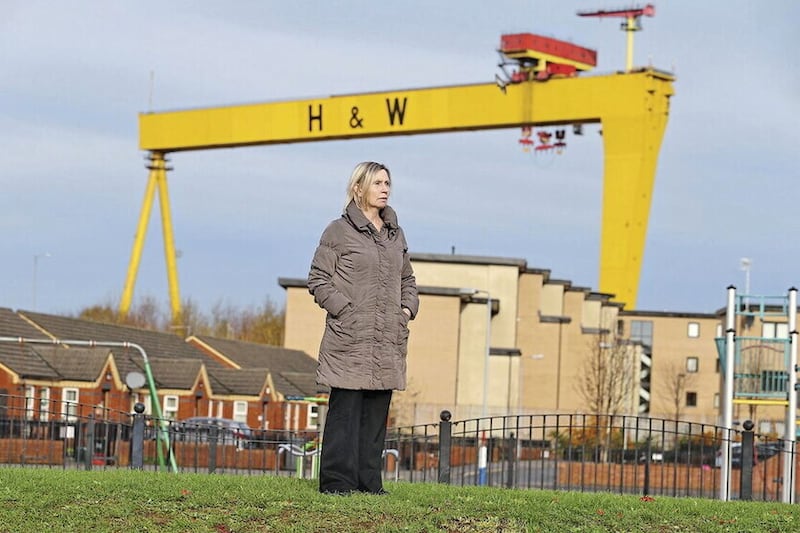It is deeply disappointing to find that a relatively small number of unionists still regard any formal recognition of the Irish language as in some way a threat to their identity.
When they travel to other parts of the United Kingdom they are committed to maintaining, they find that bilingual road signs are common in many parts of Scotland and can be found almost all over Wales.
However, attempts to introduce a similar approach here remain surrounded by bitter opposition in some quarters which is so unreasonable that it may eventually result in legal action.
There had been hopes that, after tortuously slow progress, the fact that the 2022 Identity and Language Act, which benefits both Irish and Ulster Scots speakers, was eventually approved by the House of Commons, and received royal assent last December, might have brought us into a new era.
The legislation was promised by the British government as part of the St Andrews Agreement as far back as 2006, but the DUP in particular, despite having been centrally involved in the overall negotiations, continually attempted to veto every stage of its implementation.
While the DUP's efforts ultimately ended in failure when the act was ratified, the battleground appears to have shifted from Westminster and Stormont to our district councils.
As our coverage over recent days has set out, bilingual street signage was facilitated almost three decades ago by the 1995 Local Government Order but guidelines on the issue vary considerably from one area to another.
An application for a new nameplate can be taken forward for further consideration in Belfast if it has the initial support of 15 pc of residents, although twice this figure is sought by other authorities.
Various other criteria then come into play, and, depending on the location, a proposal can eventually need the endorsement of at least two thirds of occupiers before a final decision is taken by councillors.
Mid and East Antrim Borough has so far bluntly declined to even introduce a related policy, and language activists have indicated that they may yet place the matter before the courts
It would be depressing if a judge had to intervene and the best outcome would be a consensus that the rights of Irish and indeed Ulster Scots speakers are fully respected by all our civic administrators.







